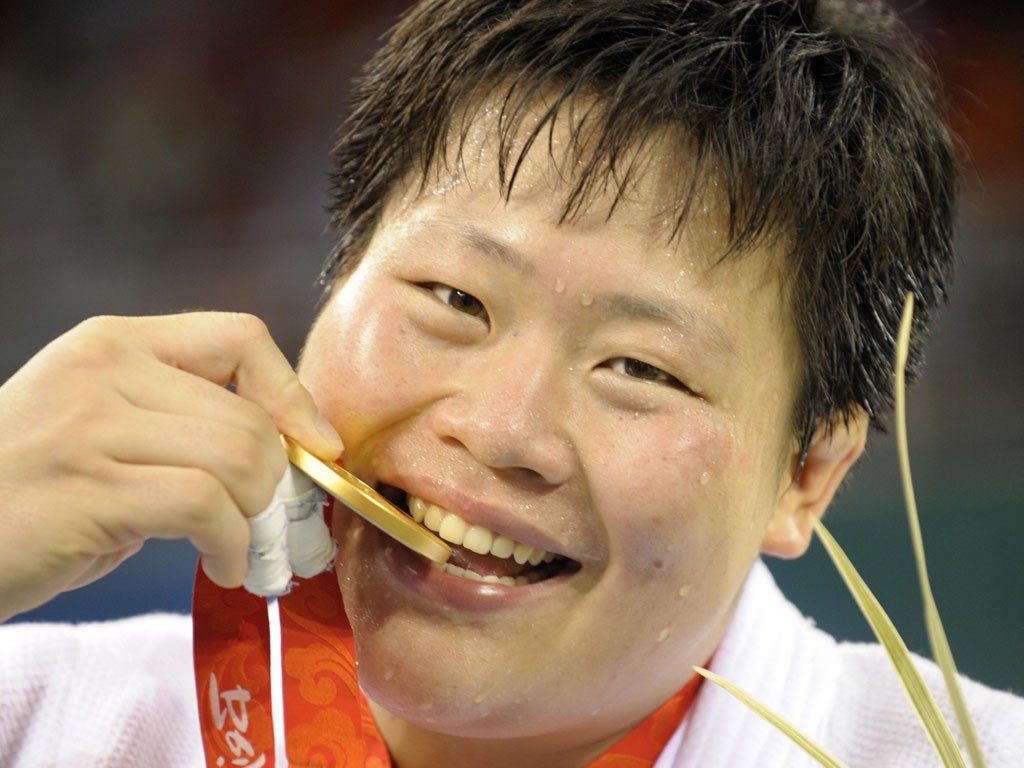Excuses for failing a doping test: 'It was the dodgy toothpaste'

Your support helps us to tell the story
From reproductive rights to climate change to Big Tech, The Independent is on the ground when the story is developing. Whether it's investigating the financials of Elon Musk's pro-Trump PAC or producing our latest documentary, 'The A Word', which shines a light on the American women fighting for reproductive rights, we know how important it is to parse out the facts from the messaging.
At such a critical moment in US history, we need reporters on the ground. Your donation allows us to keep sending journalists to speak to both sides of the story.
The Independent is trusted by Americans across the entire political spectrum. And unlike many other quality news outlets, we choose not to lock Americans out of our reporting and analysis with paywalls. We believe quality journalism should be available to everyone, paid for by those who can afford it.
Your support makes all the difference.Tampered toothpaste, sexual enhancement drugs, and massage cream are just some of the unusual excuses for failing an Olympic drugs test revealed in a book out this week.
The Book of Olympic Lists pulls together little-known facts from across the Games' history, including a chapter on the "Seven Most Creative Excuses for Failing a Doping Test".
Spanish 20km walker Daniel Plaza had the most bizarre excuse of all in 1996, when he claimed that having oral sex with his pregnant wife was the reason for a positive steroid test. Nandrolone is produced naturally by pregnant women.
Two years after her Olympic victory in the women's heavyweight judo at Beijing, Chinese judoka Tong Wen tested positive for clenbuterol – a result she blamed on eating too many pork chops, which are sometimes treated with the steroid to keep the meat lean.
Other facts compiled in the book include the six athletes whose names destined them for their sports – featuring British swimmers Walter Bathe and Lewis Moist, and the American high jumper Nathan Leeper.
A chapter on the five Olympians who used their sport skill in real life tells the story of Summer Paine, an American pistol shooter who, two years after winning a gold medal in 1896, was jailed for shooting at a man he found with his wife.
Join our commenting forum
Join thought-provoking conversations, follow other Independent readers and see their replies
Comments